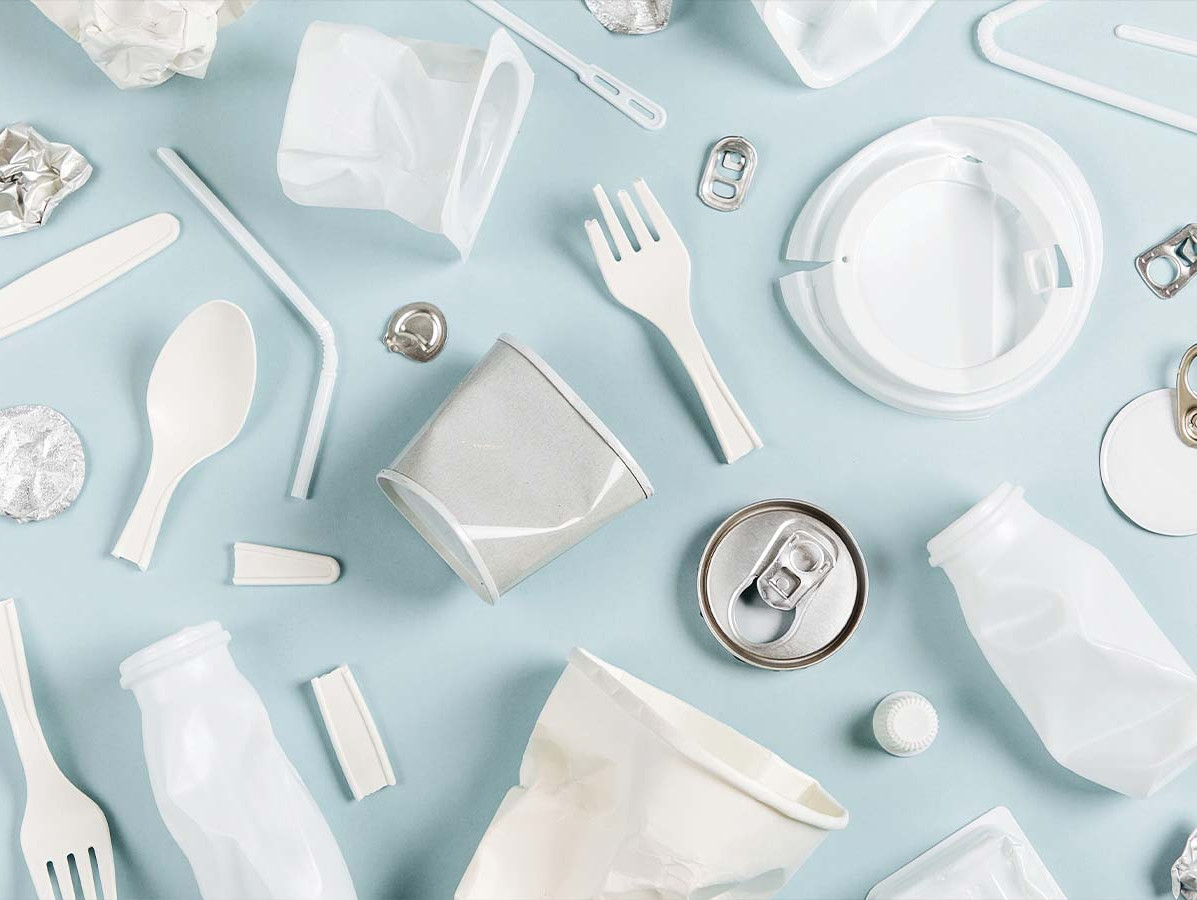
In the Netherlands, a staggering 19 million plastic cups and food containers end up in the trash daily after a single use. Recognizing the urgency for change, the European Single-Use Plastics Directive was implemented. This directive mandates member states, including the Netherlands, to take ambitious measures to reduce the consumption of single-use plastic.
The Dutch approach focuses on two fronts: on-the-go consumption and on-site consumption. For on-the-go, the norm is shifting towards the use of reusable cups and containers. A surcharge for disposable products is acceptable, provided a reusable alternative is offered. On-site consumption mandates the use of reusable cups, with limited exceptions for high-quality recycling. On October 17, the Dutch Parliament adopted a motion to abolish the surcharge for disposable cups and containers.
On October 26, two motions from the VVD were adopted, proposing a significant expansion of exceptions for on-site consumption of disposable products. These motions suggest that single-use cups may contain a maximum of five percent plastic, be fully recyclable, and meet specific collection percentages. However, implementing these motions would put the Netherlands in conflict with the EU directive and its national goal of a 40 percent reduction by 2026.
Caretaker State Secretary Heijnen emphasizes that implementing the motions will have significant consequences for achieving the set goals in 2026. He underscores that the 2024 evaluation provides an opportunity to adjust strategies. Heijnen chooses to leave the execution of the motions to his successor, ensuring a well-informed decision based on evaluation results.
While the ILT will not enforce specific points, regulations will take effect on January 1, 2024. Heijnen urges businesses and governments to adhere to the rules and transition to reusable alternatives. Despite the challenges, there remains confidence that the path to reuse will continue, allowing a new government leeway in making independent decisions to meet European obligations.
Source: Rijksoverheid